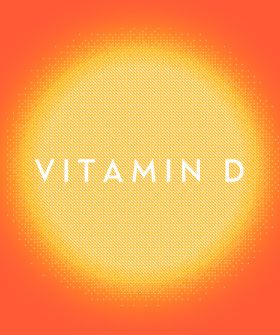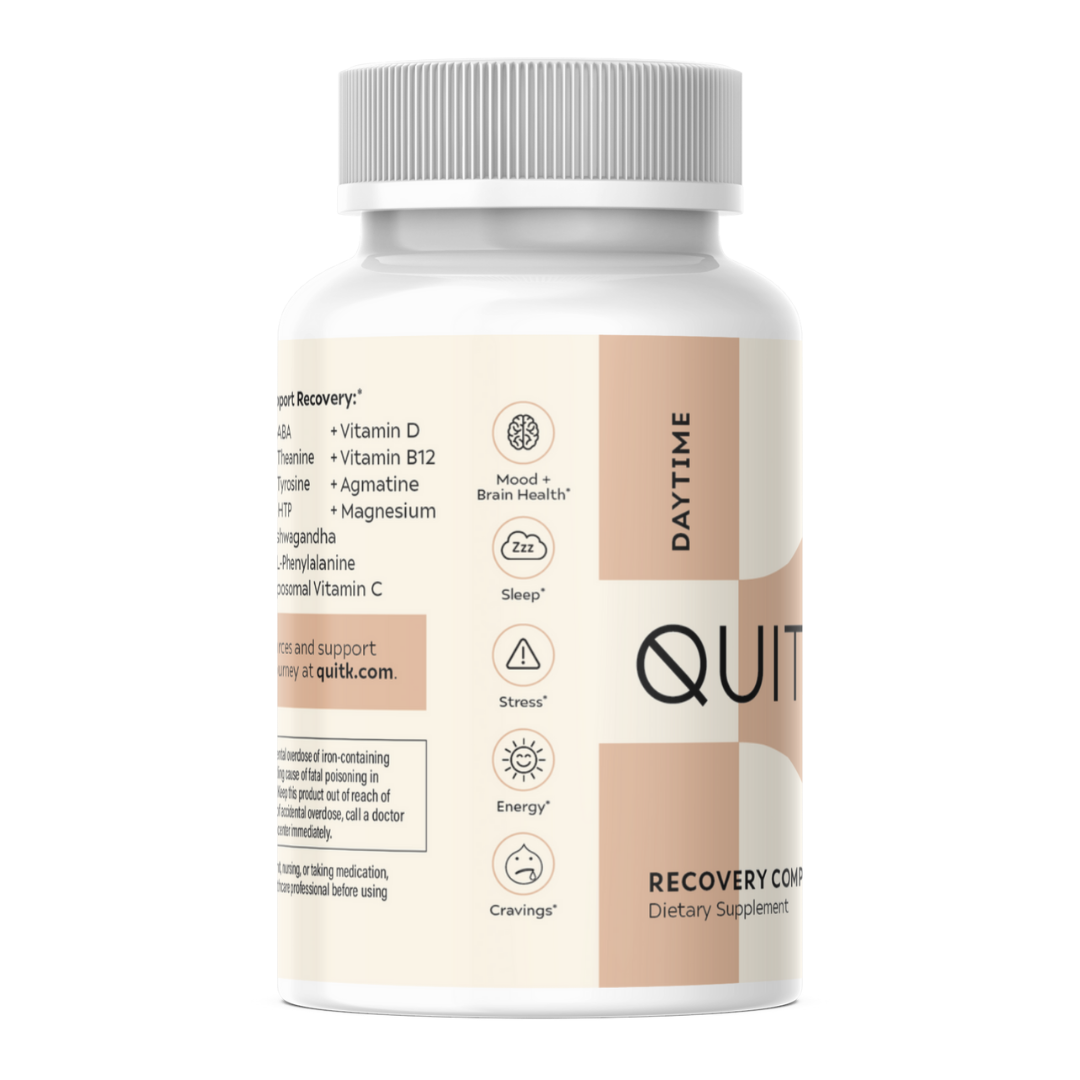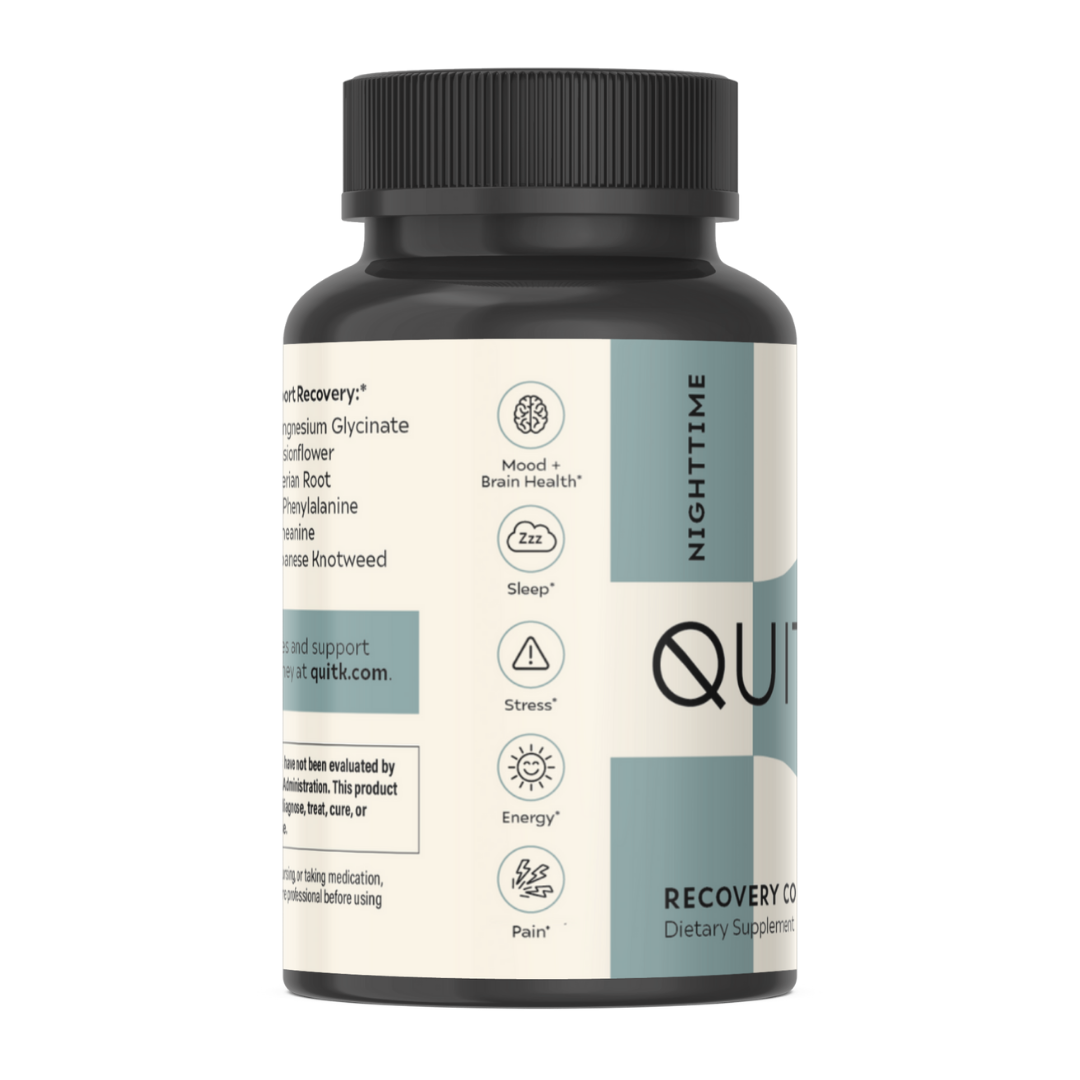
Vitamin D
Vitamin D is a nutrient you need for good health. It helps your body absorb calcium, one of the main building blocks for strong bones. Together with calcium, vitamin D helps protect you from developing osteoporosis, a disease that thins and weakens the bones and makes them more likely to break. Your body needs vitamin D for other functions too. Your muscles need it to move, and your nerves need it to carry messages between your brain and your body. Your immune system needs vitamin D to fight off invading bacteria and viruses.
Why We Use It
-
Vitamin D helps with energy levels & Restless leg Syndrome It is important for many bodily functions, including:
-
Bone health
Vitamin D helps the body absorb and retain calcium and phosphorus, which are essential for building bones. A lack of vitamin D can lead to bone diseases like osteoporosis or rickets.
Other Ingredients
View all-

DLPA
DLPA is a combination of two forms of the amino acid phenylalanine. It is known for its pain relieving and antidepressant properties, especially when combined with other supplements. It's reported...
-

Vitamin C
Vitamin C is vital to your body's healing process and an important antioxidant which can remove and neutralize oxidants in the body. There’s some evidence that vitamin C can help with pain...
-

Vitamin D
Vitamin D helps your body absorb magnesium which is essentially in helping to aid in sleep, relief in constipation and relief from restless leg syndrome which are all common during...

QuitK Recovery Complex
Experience natural relief from withdrawal symptoms with a supplement designed to support your body and mind.
View full details









